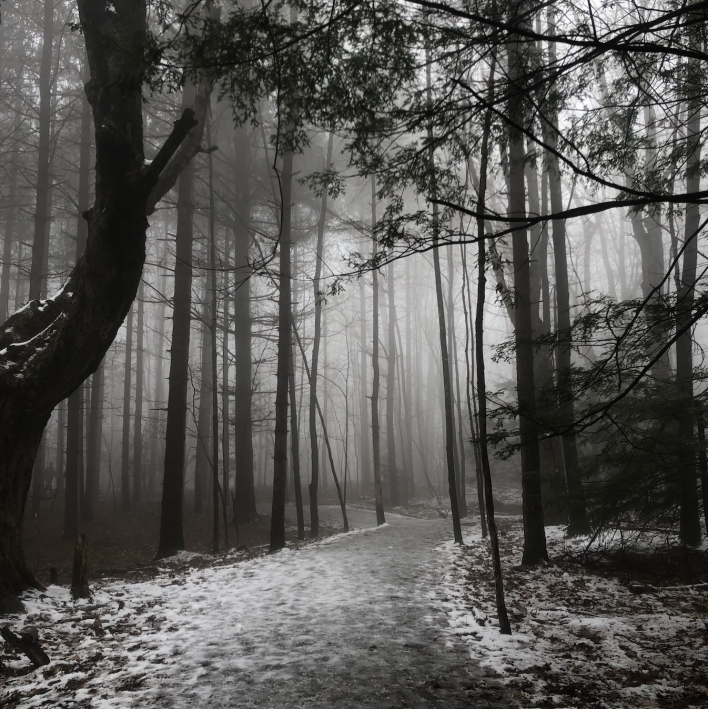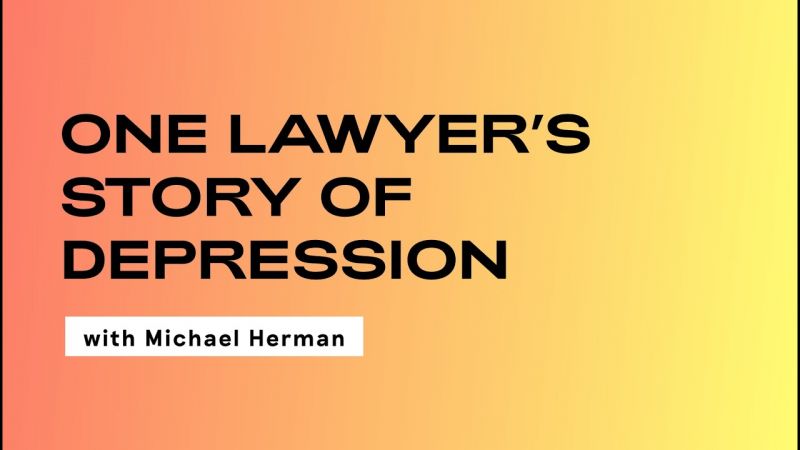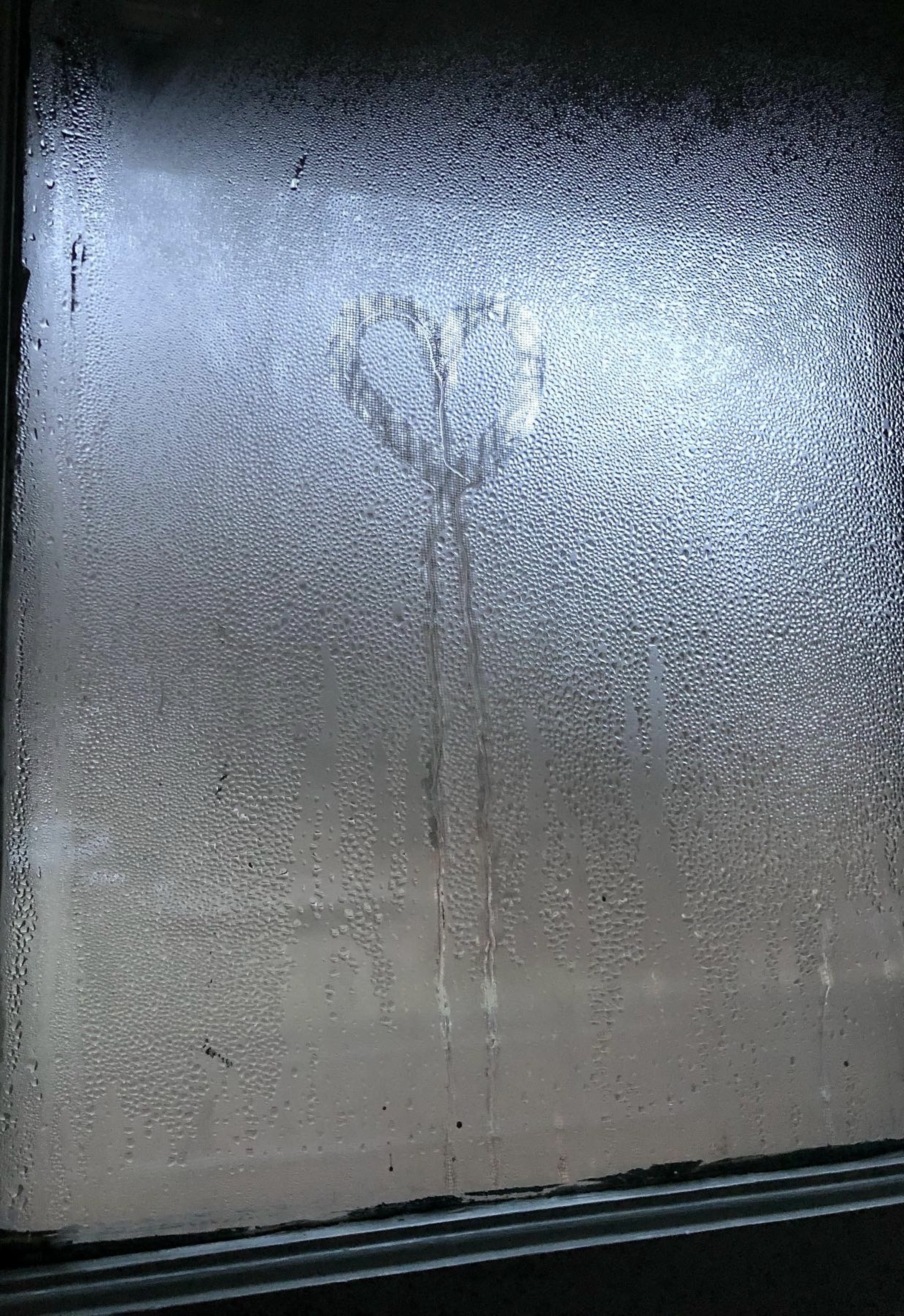Hope: A Light Into Darkness
Setting intentions for the new year.
Escrito por Michael Herman

01 Michael Herman is a lawyer who has struggled with depression.
02 While the state of the world today can seem dark, he encourages people to hold onto hope, and shares how hope has helped him through his own mental health journey.
“Hope is the one thing that can help us get through the darkest of times” - Archbishop Desmond Tutu
As we begin a new year, it may seem hard to be hopeful about the future. The COVID pandemic continues to rage, geopolitical tensions threaten to explode, income and wealth inequality is getting worse, and the most existential threat to the planet, climate change, is wreaking havoc around the world. How does one find Hope, and why is Hope so important to find in the midst of difficult problems, both globally and individually?
I do not have answers to the most pressing problems we confront. There are times when I feel helpless and struggle to find any inkling of Hope. Yet I know that without Hope, I am lost.

One Lawyer’s Story of Depression
Several years ago, I went through a period of severe depression. Every morning, I would wake up and immediately fall into a deep dark hole where no light entered and which there was no escape. It was like being sucked into an abyss every single day. Initially, I focused solely on the physical symptoms of my depression — colds and viruses that lasted for weeks on end, terrible digestive problems that left me depleted of all energy, and other physical symptoms that defied explanation. I spent my time trying to find solutions to these physical symptoms; when told that perhaps I was very depressed, I refused to acknowledge that my mental health issues were the key to explaining the physical symptoms I was experiencing. Not surprisingly, no matter what I did, the physical symptoms persisted.
One early summer morning, I was standing on my balcony while having my morning coffee and looking out over the beautiful view from our apartment. Then, out of nowhere, I had a thought: “What’s the point?” I reflexively staggered back into my apartment, stunned and frightened. I realized that I really was severely depressed and if I wanted to get better, I had to completely change my mindset. At that moment, a sliver of light broke through the darkness in the deep hole I was in, and I felt the first stirrings of Hope.
From there, I began a long and difficult journey to recover from the depression that had taken control over my life. For most of the journey, I did not know if I would ever recover, but one thing kept me going: Hope. It was what propelled me forward to do the things I needed, including therapy, taking medication, self-care and seeking and receiving help from family, friends and colleagues.
As we start this year, I am reading a book called The Book of Hope: A Survival Guide for Living in Difficult Times by Jane Goodall and Douglas Abrams. As most of us know, Ms. Goodall has led a remarkable life. For the past several decades, she has been traveling the world raising awareness of the ever-increasing harm we have created socially and environmentally to the planet, and what will happen if we don’t make radical changes. Notwithstanding all that she has witnessed — and the failure of much of the world to heed her message — Ms. Goodall has never lost Hope. She describes Hope as a survival trait, and that “...[it] enables us to keep going in the face of adversity.” She advises that while Hope is what we desire to happen, we must be prepared to act to make it so. Ms. Goodall’s ability to remain Hopeful is inspiring, and her words are an antidote to the hopelessness that can so easily consume us.

I realize that my journey of recovery from depression began when I was finally prepared to do the necessary hard work. I also recognize that I still feel like I am on the edge of a cliff and may lose my balance, or be buffeted by a gust of wind, and fall back into the deep dark hole. I try to remind myself that if that were to happen, so long as I can find Hope in the midst of the darkness, I can do the work to slowly chart a path back up to the surface.
I have had a life filled with extraordinary privilege. I cannot even imagine how it is to live in extreme poverty, or in the midst of the carnage of war where simply staying alive another day is an enormous challenge. As a white heterosexual male, I cannot truly understand the harm done to those who suffer daily from systemic discrimination that prevents them from having the opportunities that I have enjoyed. However, as Archbishop Tutu knew, even for those living in the most difficult conditions, Hope is the one thing that people should try to cultivate and hold onto for dear life.
Recently, I listened to a podcast featuring a meditation teacher named Matthew Hepburn. He recognized that for the vast majority of us, the world’s problems can seem overwhelming and can easily lead us to feel hopeless. His advice was both clear and profound: instead of giving into these feelings, we can ask ourselves, “How can I help?”
Even the most seemingly inconsequential acts can make a difference in someone’s life. At the grocery store, I can say hello to the cashier and let them know that I appreciate their valuable work throughout the pandemic, or smile at a stranger and offer to let them go ahead of me in the checkout line when I see they only have a few items in their cart. I can volunteer with organizations involved in helping those with mental health conditions. I can write this article and perhaps have one person in the depths of despair begin to consider whether they can find their sliver of light that is Hope.
Vaclav Havel, statesman, dissident and writer, was the first President of Czechoslovakia after the fall of the Soviet Union. Havel said that, “Hope is not the conviction that something will turn out well but the certainty that something makes sense, regardless of how it turns out.” For me, before I had my moment on the balcony, I felt hopeless, and was clueless as to how I was ever going to get better. The sliver of Hope I felt that morning was the certainty that I wanted to recover from severe depression, even though for most of the journey, I did not know if I would succeed.
Since I recovered, I have shared my story in the Hope that I may impact even one person who is dealing with their own personal struggles. After all, the mental health of each of us is something that makes complete sense. Hope sustains and propels us forward.
As we begin the year, it is my fervent wish that everyone can find Hope within themselves and do whatever they can to make their lives and the lives of others just a little bit better. Perhaps the small acts of millions will help heal the world.
<>
ABOUT THE AUTHOR
Michael Herman is a Toronto-based business law partner at Gowling WLG. He also serves as general counsel to the firm.
He is a strong advocate for mental health in the legal community. Through his ongoing work to raise awareness and eliminate stigma, he hopes to make it easier for anyone experiencing mental illness to come forward and seek help without fear of judgment. You can find him on Linkedin at Michael Herman.
Apoya nuestro trabajo
Nuestra misión es cambiar la manera en que el mundo percibe la salud mental.



















